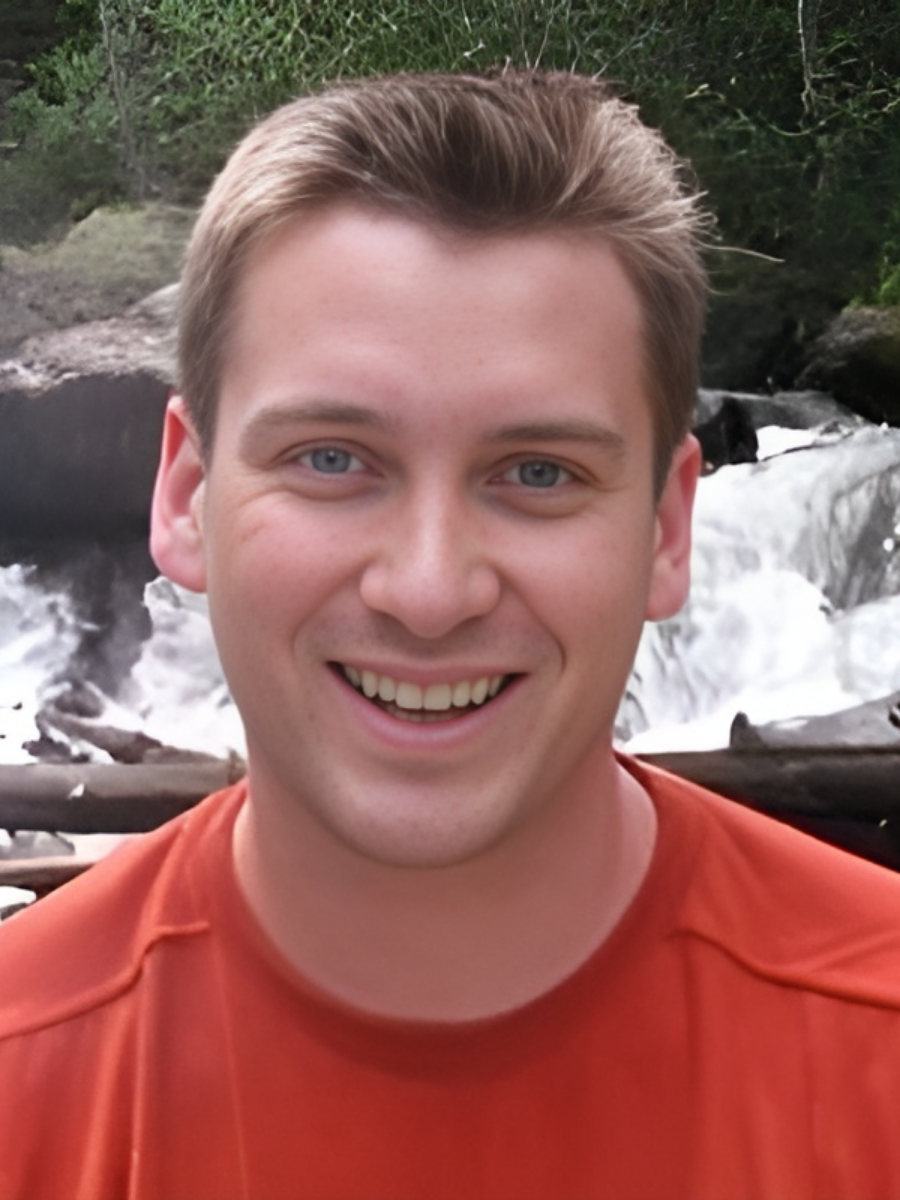Microbial communities host incredible biological diversity that is encoded at the genomic level. The recent application of high-throughput DNA-sequencing technologies to these communities provides exciting new insights into uncultured organisms while presenting new computational challenges associated with massive and multidimensional data. Professor Dick’s laboratory utilizes such metagenomic and metatranscriptomic approaches to problems in environmental and geological science, addressing questions such as: How do microorganisms control elemental cycles in deep-sea hydrothermal systems? How did microbial processes influence the timing of Earth’s oxygenation? Computational applications focus on metagenomic and metatranscriptomic assembly, comparative genomics, and “binning,” whereby fragmentary metagenomic sequences of unknown origin are assigned to organisms on the basis of genome signatures of nucleotide composition.

An emergent self-organizing map of genome signatures (tetranucleotide frequency) from a microbial community at the Mid-Cayman Rise (5,000 meters water depth, Caribbean). This approach allows computational reconstruction of genome sequences from complex microbial communities.
